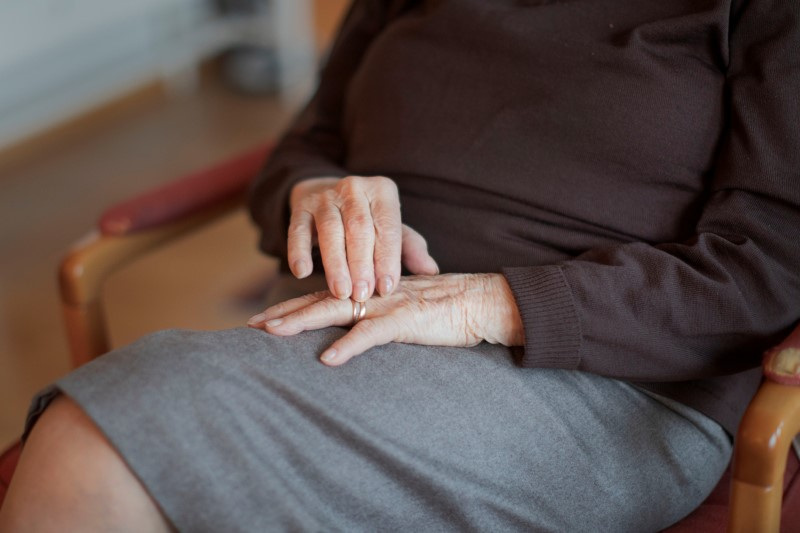US FDA declines to approve first MDMA-based PTSD treatment
2024.08.10 09:03
By Sriparna Roy and Mariam Sunny
(Reuters) -The U.S. FDA has declined to approve a therapy based on the mind-altering drug MDMA for patients with post-traumatic stress disorder, stating it could not be approved based on the data submitted, developer Lykos Therapeutics said on Friday.
Commonly known as ecstasy or molly, MDMA has long been seen by advocates as a potential treatment for mental health disorders and to have therapeutic applications beyond its illicit use.
The Food and Drug Administration’s decision to not approve the therapy was in line with a vote by the agency’s expert panel, which was weighing Lykos’ application. During the panel’s June meeting, advisers to the FDA had pointed to concerns around how the clinical trial was conducted.
The concerns included a “striking lack” of documentation around whether or not the trial participants had abused the drug, problems with how the trial was designed and the need for more evidence.
Lykos said the FDA has asked it to conduct an additional late-stage trial to further study the drug’s safety and efficacy.
The company plans to request a meeting with the FDA to ask for reconsideration of the decision and to discuss the agency’s recommendations for a resubmission seeking approval for the MDMA capsules.
“The FDA request for another study is deeply disappointing,” said Lykos CEO Amy Emerson (NYSE:). “While conducting another phase 3 study would take several years, we still maintain that many of the requests that had been previously discussed with the FDA … can be addressed with existing data, post-approval requirements or through reference to the scientific literature.”
The treatment, a capsule form of MDMA made by public-benefit corporation Lykos, was intended to be administered along with sessions of talk therapy by a licensed mental health provider.
Lykos enrolled more than 190 patients in two late-stage trials, who either received doses of MDMA in addition to therapy or a placebo. The company had said most of the study subjects showed a significant reduction in PTSD scores compared to placebo.
PTSD, a disorder caused by very stressful events, affects 13 million Americans and is commonly associated with war veterans. But natural disasters, abuse or other trauma may also trigger the condition in civilians.
While the decision is disappointing for some, “the additional data and requirements requested by the FDA are ultimately intended to improve their understanding of the treatment,” said Walter Dunn, assistant professor at University of California, Los Angeles’ department of psychiatry.
The regulator denying approval to Lykos’ therapy would not necessarily have a negative impact on other players in the psychedelic space because they have approached drug development and trials in slightly different ways, Evercore ISI analyst Gavin Clark-Gartner, had told Reuters ahead of the decision.

Researchers have been trying to understand how psychoactive ingredients, whether derived from cannabis, LSD or magic mushrooms, could be used to address a range of mental and behavioral health conditions, including PTSD, anxiety and depression.
The Institute for Clinical and Economic Review, an influential nonprofit that evaluates clinical trials and drug prices, had said in a report in June there was insufficient evidence to show the benefits of the MDMA-assisted PTSD treatment.








